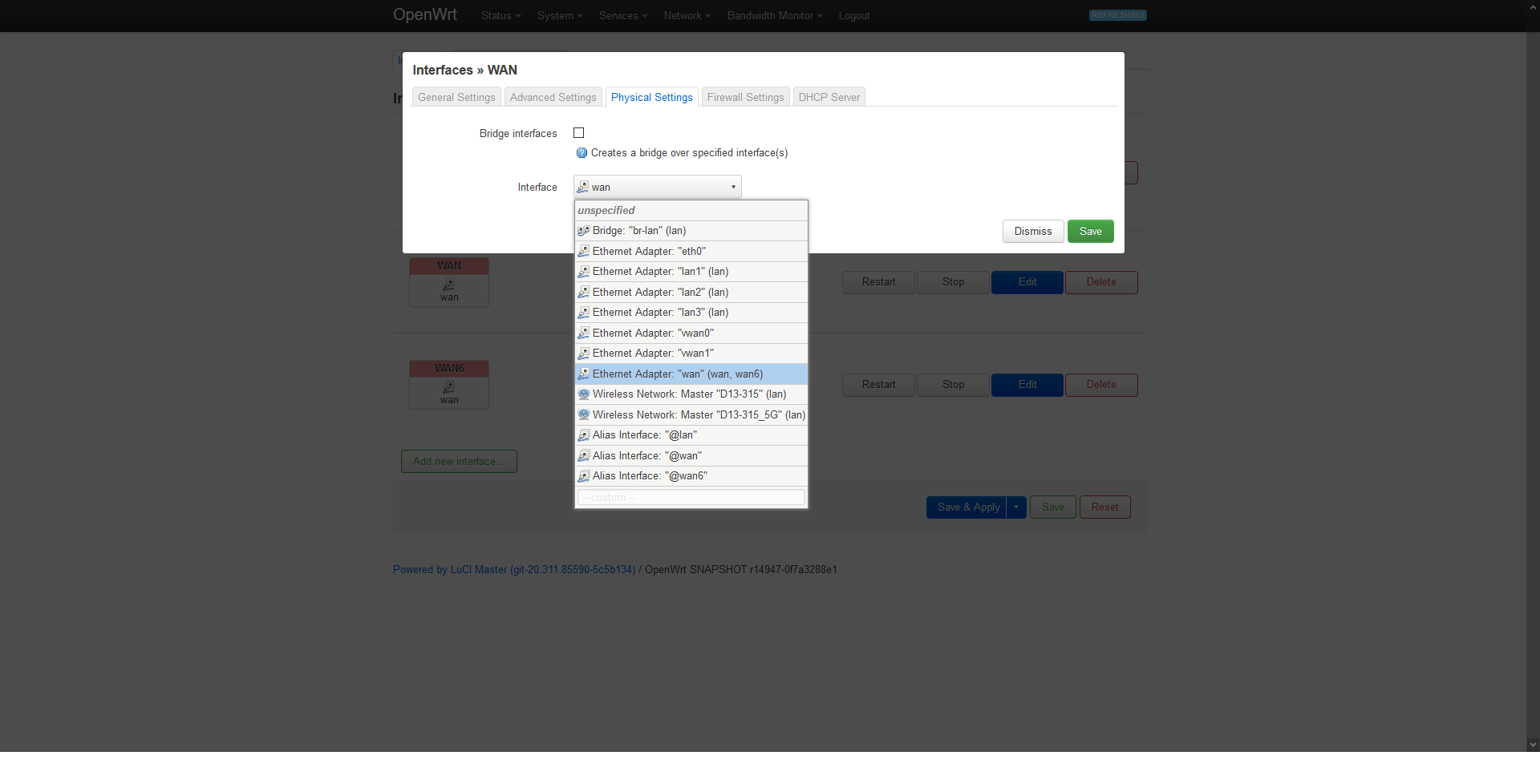


How can I send data from a client running locally, to a server running locally, but avoiding the loopback interface and actually sending data out into the network? Print('Local IP', local_ip) # Outputs 192.168.0.34Īwait loop.sock_sendall(sock, b'somedata') Since Version 2.1 the -pinentry-mode also needs to be set to loopback. Note that since Version 2.0 this passphrase is only used if the option -batch has also been given. add -pinentry-mode loopback in order to work. Local_ip = socket.gethostbyname(socket.gethostname()) Don't use this option if you can avoid it.
LOOPBACK OPTION UPDATE
The ISO file may be located on any partition - update the path. The following menuentries serve as examples only. For other location examples, see the loopback line explanation of Grub2/ISOBoots MenuentryDetails section. With socket.socket(socket.AF_INET, socket.SOCK_DGRAM) as sock: In the following examples, the ISO file is located in the /iso folder of the partition /dev/sda5 alias (hd0,5) in grub. On linux you can change this with this command : route add -net 224.0.0.0 netmask 240.0.0. Also multicast can be disabled by default on loopback. The below program sends and receives b'somedata' successfully, and has the below capture from Wireshark. You can use multicast on loopback but you have to add a new route because your OS using default external interface by default for multicast. However, even when sending data to the result of socket.gethostbyname(socket.gethostname()), which is not 127.0.0.1, then according to Wireshark, the data seems to go via the loopback interface. I'm ultimately trying to test a UDP client, and want to make sure that it works when sending data not through the loopback interface, to avoid any subtle issues this introduces, such as differences in checksum validation ( Bad UDP checksum has no effect: why?).


 0 kommentar(er)
0 kommentar(er)
